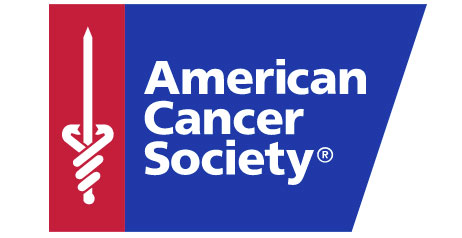Cannabidiol, or CBD, is one of many cannabinoids in the cannabis plant that is gaining popularity in the natural medicine world because it seems to give many advantages to the body. While the subject is discussed, some individuals suggest using CBD in cancer treatment. It should be noted that CBD is not the same as tetrahydrocannabinol (THC), an active cannabinoid in cannabis that creates “high” when smoked or ingested by an individual. Researchers also explore the option of using CBD to treat anxiety and chronic pain. While promising are the primary outcomes of small cancer cell and CBD research, they are not conclusive.
Research-based Evidence
Several small researches of smoked marijuana have discovered it can be useful in the treatment of nausea and cancer chemotherapy vomiting. A few trials have discovered that inhaled (smoked or vaporized) cannabis can be useful for neuropathic pain therapy (pain induced by damaged nerves). In research, smoked marijuana also helped enhance the consumption of food in HIV patients. There are no studies of marijuana oil or hemp oil impacts in humans.
Studies have shown for a long time that individuals in clinical trials who took marijuana extracts tended to need less pain medicine. Scientists have indicated more lately that THC and other cannabinoids such as CBD are slow-growing and causing death in certain kinds of cancer cells that grow in lab dishes. Some animal studies also indicate that some cannabinoids may slow development and decrease the spread of some cancer types.
Some early cannabinoid clinical trials have been conducted in the treatment of human cancer, and more studies are scheduled. While the trials to date have shown that cannabinoids can be secure in cancer treatment, they do not demonstrate that they help control or heal the disease. Relying on marijuana alone as therapy while avoiding or delaying standard cancer, medical care can have severe health effects.
CBD for Cancer Prevention
Some individuals wonder about cannabis or CBD being used for cancer prevention. Numerous studies on the link between cannabis and cancer were evaluated by the National Cancer Institute (NCI) and discovered that the study had mixed outcomes.
An older survey of 64,855 U.S. males discovered that cannabis use did not increase the risk of cancers associated with tobacco. However, this same research also found that there was an enhanced danger of prostate cancer among male cannabis users who never smoked tobacco.
On the other side, a 2015 study’s writers discovered a promising connection between cannabis and cancer of the bladder. At present, there are no significant clinical trials investigating the use of cannabis or cannabinoids as a therapy for cancer. There are small pilot studies, but there is still an early study. Researchers observed in 2016 that cannabinoid use demonstrates promise in cancer-fighting. The writers discovered that cannabinoids appear to inhibit the development of many distinct tumor cell kinds.
How CBD affects symptoms of cancer?
Dronabinol may be useful in decreasing nausea and vomiting associated with chemotherapy based on several researches. Dronabinol was also discovered to enhance the consumption of food and to stop weight loss in HIV patients. However, it wasn’t better in cancer patient research than placebo or another medication (megestrol acetate). Nabiximols has shown promise to help individuals with cancer pain that is unrelieved by heavy pain medications, but it was not discovered to be useful in any research performed. Research on this drug is still being conducted.
The Bottom Line
While CBD appears to be a useful compound for many symptoms of cancer, no scientific research indicates that CBD can be an efficient therapy for cancer.

